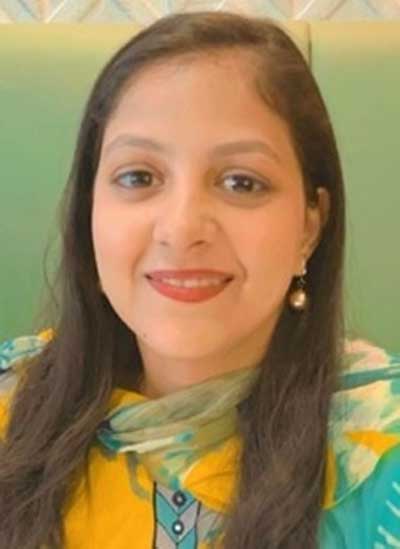Education, the backbone of national progress, has long struggled with systemic issues in Pakistan. From the early days, our education system has been marred by inequality, inadequate access, poor quality, and limited relevance to societal and economic needs. While efforts to address these challenges have been made, much more remains to be done to ensure a brighter future for all.
The ‘National Education Policy 2009’ marked a significant milestone in addressing these issues, highlighting the need to increase literacy rates, improve quality, and reduce gender disparities. Unfortunately, its implementation was patchy, hindered by bureaucratic hurdles, insufficient funding, and a lack of political will. Similarly, Pakistan’s commitment to the ‘Education for All’ initiative, focusing on girls and marginalized groups, still has a long way to go in bridging the gap between policy and practice.
One of the bright spots in education reform has been the establishment of the Higher Education Commission (HEC) in 2002. By emphasizing research, funding, and infrastructure for universities, the HEC has made strides in higher education. However, reforms in technical and vocational education – crucial for enhancing employability and driving economic productivity – need broader implementation and support to create a significant impact.
‘Teacher Education Reform’, a critical aspect of improving educational quality, has also gained traction. Sindh’s initiatives, such as teacher licensing and continuous professional development policies, are steps in the right direction. However, these programs remain in their infancy and require robust frameworks for accreditation and qualification. Nationwide teacher training programs that are standardized and incentivized can elevate the quality of instruction across provinces.
Public Spending: A Missing LinkAt the heart of Pakistan’s education woes lies insufficient public spending. While the demand for education reform is loud and clear, its financial backing remains weak. Schools across the country – especially in rural areas – lack basic infrastructure, teaching resources, and modern facilities. Without substantial investment, ambitious reforms are destined to falter.
Increasing public spending on education is not just a necessity; it is an investment in Pakistan’s future. It will ensure that schools are equipped with modern facilities and that teachers are adequately trained to inspire and educate the next generation.
Bridging Disparities in EducationGender disparity in education, particularly in rural and tribal areas, is another pressing concern. Cultural barriers continue to hinder girls’ access to schools, perpetuating cycles of poverty and inequality. Targeted initiatives, such as community engagement programs and awareness campaigns, must be scaled up to address these deep-rooted challenges.
Additionally, the use of technology in education holds immense promise. Digital platforms and remote learning tools can help mitigate geographical disparities, bringing quality education to the most underserved regions of the country. However, this requires significant investment in digital infrastructure and training to make these solutions accessible and effective.
Localized Solutions for a Diverse NationPakistan’s cultural and regional diversity necessitates localized education reforms tailored to the unique needs of each region. At the same time, these reforms must align with the country’s broader national educational goals. For instance, rural and urban areas require vastly different approaches to address their respective challenges, yet they must work in tandem to create a unified and equitable education system.
Breaking the Donor-Driven CycleOne of the biggest pitfalls of Pakistan’s education reform efforts has been their reliance on donor-driven projects. These initiatives, though well-intentioned, often operate in isolation and lack sustainability. A thorough, needs-based implementation plan that integrates these projects into the mainstream education system is crucial for long-term success.
The Way ForwardPakistan stands at a crossroads, with an opportunity to transform its education system into one that meets the needs of all its citizens. A balanced approach – combining investment in infrastructure, teacher quality, curriculum reform, and technology integration – can lay the foundation for an equitable and effective education system.
Education reforms must not remain mere projects or policies on paper. They need to become part of a broader national agenda, backed by political will, financial commitment, and active community involvement. Only then can Pakistan unlock the full potential of its human capital and pave the way for sustainable progress.
Education is not just a right – it is the key to Pakistan’s future. Let us invest in it wisely.
Sign in
Welcome! Log into your account
Forgot your password? Get help
Password recovery
Recover your password
A password will be e-mailed to you.





